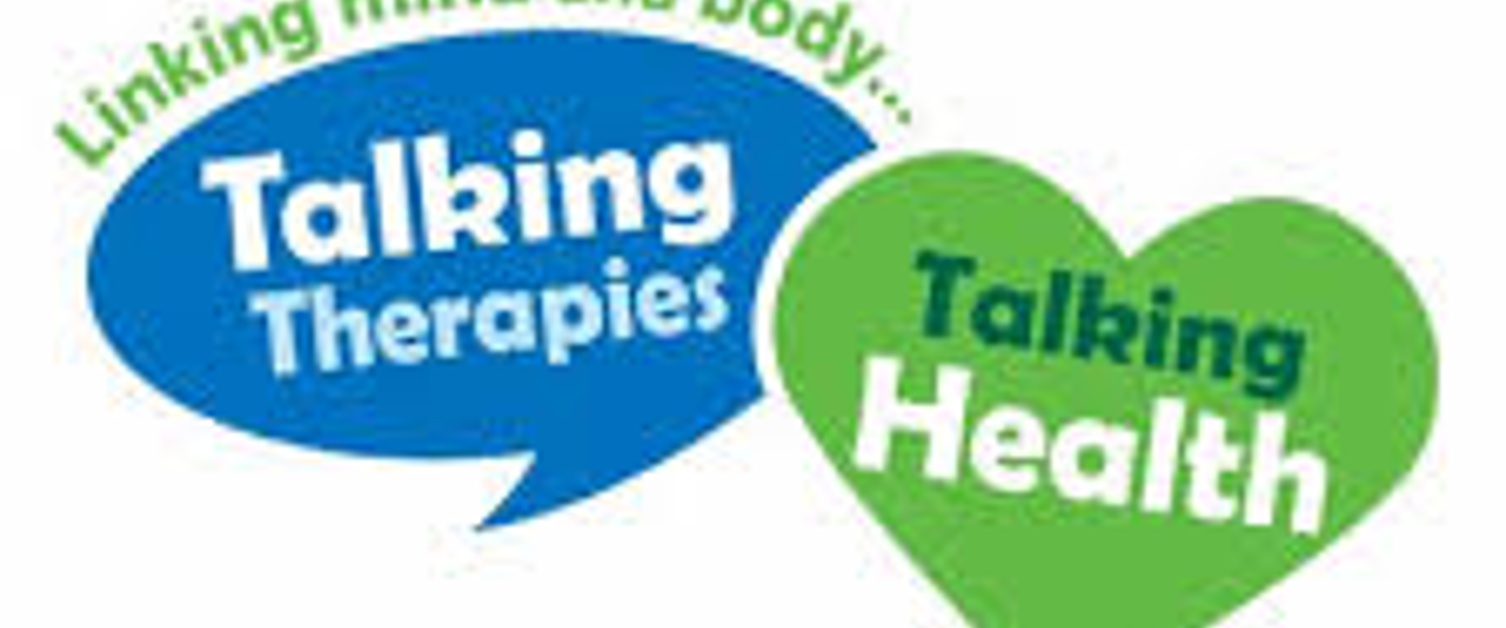Counselling

Counselling is a talking therapy that involves a trained therapist listening to you and helping you find ways to deal with emotional issues.
Sometimes the term "counselling" is used to refer to talking therapies in general, but counselling is also a type of therapy in its own right.
Talking therapy is for anyone who's going through a bad time or has emotional problems they need help with. For many adults it may be the same or more effective than medicine.
What can counselling help with?
Counselling can help you cope with:
- a mental health condition, such as depression, anxiety or an eating disorder
- an upsetting physical health condition, such as infertility
- a difficult life event, such as a bereavement, a relationship breakdown or work-related stress
- difficult emotions – for example, low self-esteem or anger
- other issues, such as sexual identity
What to expect from counselling
At your appointment, you'll be encouraged to talk about your feelings and emotions with a trained therapist, who'll listen and support you without judging or criticising.
The therapist can help you gain a better understanding of your feelings and thought processes, and find your own solutions to problems. But they will not usually give advice or tell you what to do.
Counselling can take place:
- face to face
- in a group
- over the phone
- by email
- online through live chat services (learn more about online tools for mental health)
You may be offered a single session of counselling, a short course of sessions over a few weeks or months, or a longer course that lasts for several months or years.
It can take a number of sessions before you start to see progress, but you should gradually start to feel better with the help and support of your therapist.
People across Wales can now access free online therapy without needing to go through their GP. People aged 16 and over experiencing mild to moderate anxiety, depression or stress can sign-up for a 12-week course of SilverCloud online therapy via their smartphone, tablet, laptop or desktop computer.
Charities and voluntary organisations
Some charities and voluntary organisations also offer counselling. These organisations usually specialise in a particular area, such as couples counselling, bereavement, or family guidance.
You do not need a referral from a GP for an appointment for these services, but you may have to pay a fee to cover the cost of your sessions.
Charities that may offer counselling include:
- Samaritans - for people to talk about whatever's troubling them at any time
- Childline - for children and young people under 19 years old
- Cruse Bereavement Care – provides bereavement advice and support
- Relate – offers relationship advice and counselling
- Rape Crisis – for anyone 16 years old and over including family and friends, who has been affected by rape, sexual abuse or any other form of sexual violence.
- Victim Support – provides victims and witnesses of crime with help and support
You may also be able to access support groups through your local community, church, or social services.
Benefits of talking therapies
Although there are lots of different types of talking therapy, they all have a similar aim: to help you feel better. Some people say that talking therapies do not make their problems go away, but they find it easier to cope with them and feel happier.
If you're going through a sad and upsetting time, talking therapies can help you deal with it. People with long-term health conditions are more vulnerable to depression, and talking therapies have been proven to help.
Cognitive behavioural therapy (CBT)
The aim of CBT is to help you explore and change how you think about your life, and free yourself from unhelpful patterns of behaviour.
CBT has been shown to work for a variety of mental health problems. CBT is available on the NHS for people with depression, anxiety disorders and other mental and physical health problems that it's been proven to help.You can try some practical self-help cognitive behavioural therapy (CBT) techniques on the Every Mind Matters website.
To find out more information about available CBT services, visit our dedicated website page here.
Guided self-help
Guided self-help is recommended as a treatment for some types of depression, anxiety, panic disorder and obsessive compulsive disorder (OCD).
With guided self-help you work through a CBT-based workbook or computer course with the support of a therapist. The therapist works with you to understand your problems and make positive changes in your life.
Guided self-help aims to give you helpful tools and techniques that you can carry on using after the course has finished.
For more information about guided self-help services, click here.